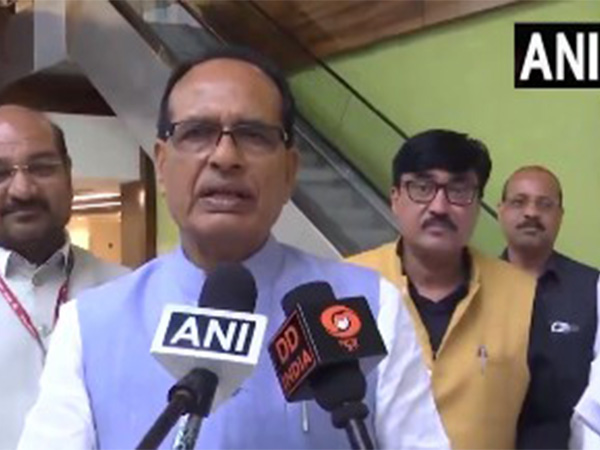
Parliamentary panel discusses judicial accountability, "cooling off period" for judges; MPs ask why no FIR against Justice Varma
Jun 24, 2025
New Delhi [India], June 25 : A meeting of the Parliament's Standing Committee on Personnel, Public Grievances, Law and Justice was held here on Tuesday, which discussed judicial accountability and whether judges should accept a government appointment soon after retirement.
Asked about the agenda of the meeting, Brij Lal, MP, Chairman of the Committee, said it was "judicial accountability".
"Another point was whether judges should accept a government appointment immediately after retirement. Details cannot be disclosed," he told ANI after the meeting.
Sources said some MPs asked why no FIR has been filed over "the recovery of unaccounted cash" from the residence of Justice Yashwant Verma when he was serving as a judge of the Delhi High Court. Justice Verma, who is now a judge of the Allahabad High Court, has denied the charges against him.
The then Chief Justice of India had constituted a three-member committee for conducting an inquiry into the allegations against Justice Yashwant Varma.
Sources said there was a suggestion at the meeting of the parliamentary panel that the Code of Conduct for judges should be made into a rule. They said there was a suggestion for revisiting the K Veeraswami case, which relates to the filing of criminal cases against judges. There was also a demand for a comprehensive bill concerning the Code of Conduct of judges.
Sources said there was a suggestion that there should be a "cooling off" period of five years for judges after retirement before they take up any government assignment.
Accountability in the higher judiciary is maintained through an "in-house mechanism". The Supreme Court of India, in its full Court meeting in May, 1997, adopted two resolutions - 'The Restatement of Values of Judicial Life' which lays down certain judicial standards and principles to be observed and followed by the Judges of the Supreme Court and High Courts and 'In-house procedure' for taking suitable remedial action against judges who do not follow universally accepted values of judicial life including those included in the Restatement of Values of Judicial life.
As per the established "In-house procedure' for the Higher Judiciary, the Chief Justice of India is competent to receive complaints against the conduct of Judges of the Supreme Court and the Chief Justices of the High Courts. Similarly, the Chief Justices of the High Courts are competent to receive complaints against the conduct of High Court Judges. The complaints/representations received are forwarded to the Chief Justice of India or to the Chief Justice of the concerned High Court, as the case may be, for appropriate action.























